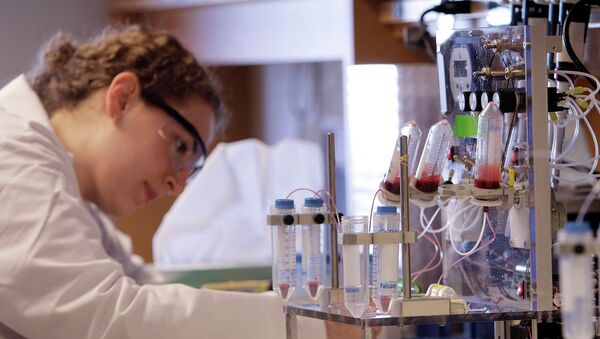Scientists from the Australian Peter MacCallum Cancer Centre have recently conducted new research that explains why men are more vulnerable to die from cancer than women.
It appears that mutations in TP53 - a gene that protects the genome - are more frequent with men than women, and that could partly explain why males are more vulnerable to this disease, the team of scientists said.
"TP53 is the most commonly mutated gene in human cancer, with more than half of all human cancers harbouring a genetic alteration that interferes with the function of p53 protein", Dr Haupt, co-lead author on the study, explained.
Additionally, the research has revealed that some genes on the X chromosome can affect the functioning p53 protein even with no TP53 mutation. Since men only have one X chromosome (XY), they are put at a higher risk of cancer due to X-linked p53-regulating genes.
"These findings come together to unveil a fascinating story of safe-guarding of women from p53-induced cancers across three intricate and complex layers of biological protection", Dr Haupt said.
According to the research published on the official website, the scientists studied the DNA of men and women diagnosed with 12 different types of non-reproductive cancers to understand the sex difference.
"First, women are less likely to possess mutations in TP53. Second, the presence of p53-regulating genes on the X chromosome means men are particularly vulnerable to defects in these genes. And lastly, there appears to be a barrier in women that prevents the expression of mutant X-linked p53-regulating genes", the professor said.
The research findings could contribute to producing new drugs aimed at reactivating p53 and thus, lowering the risk of cancer.



